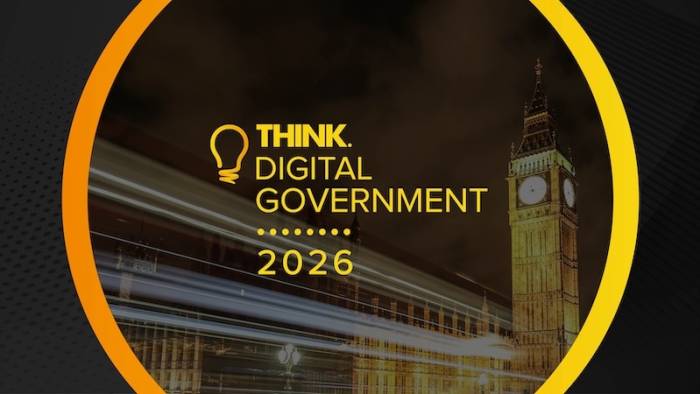Tell us about your background and what it is about working in the data space that you enjoy / excites you / makes your work fulfilling / purposeful?

My public service career has always been focused on some form of transformation – initially in contact and customer service centre development moving into cross-organisational lean process transformation blended with technology investment.
However, I was always deeply frustrated by the lack of available accurate data to use in the business case for change and to measure success. With the availability of cloud-based technology designed to solve this data challenge, I naturally shifted my focus to helping organisations get better at working with data.
What really excites me now is seeing an organisation develop what we at Pivotl call a ‘Data-First’ strategy and making technology and tooling decisions as a result; putting data at the heart of the business and decisions.
How has the role of data changed in delivering business value?
It’s becoming a more enterprise-led approach, meaning the impact data can have is being assessed and planned for across the whole enterprise, rather than just in siloes or on tactical projects. This allows organisations to work through iterative phases of data improvement activity which address an immediate business issue while laying a foundation for future improvement for how the organisation works with data.
By developing better insights, organisations can attribute value to their data rather than purely an anecdotal or subjective assessment. Good insights not only improve decision making, they highlight and qualify opportunities to gain efficiencies, target automation and enable new ways of working.
For example we know that data is essential in the successful use of AI. Without good data the impact of AI solutions is almost non-existent.
I’m excited about data thinking getting beyond simple transactions and reporting, moving to something that connects and empowers citizens, communities, employees and organisations through its ability to feed predictive and cognitive technologies and processes.
What’s stopping organisations achieve their data ambitions?
The problem isn’t the lack of investment in data – it’s the type of investment that is wrong. I’ve worked with too many organisations who are spending millions of pounds a year manually processing reports and data sheets that simply are not valued by the organisation. Despite the cost, these outputs are not trusted, are out of date, not user friendly and lack insightful inference.
If you liked this content…
The investment needs to shift towards a completely new way of working with data. Recognising that tactically, siloed and largely non-professionalised ways are not fit for the future.
How should organisations navigate these complexities of delivering great outcomes with data?
My top priorities for success are:
Leadership & Culture – leaders need to take responsibility to understand what data can do for their functions and ensure this is front and centre of a wider organisational mind set. While creating an environment where transformational ways of working with data can happen and blockers are challenged.
Capability – Data is a profession but skills and capabilities are in short supply and in high demand globally. Successful organisations are going to be the ones which can bring together the right mix and quantity of internal and external expertise to deliver appropriately for their organisation.
Process – Working with data requires robust, detailed, and documented policies and process which have to be adhered to. Investment in process needs to happen at least at the same rate as the investment in technology. When this doesn’t happen, technology fails.
Technology – When leaders have identified what data can do for their organisation, technologists and data professionals can work with the business to harness the incredible power of Cloud, Platform as a Service and Software as a Service technologies. The potential is huge but success is always determined by aligning the right solutions to the specific challenge.
Who’s doing this well?
We all know about the likes of Facebook, Netflix and Amazon who started in a digital era and baked in data as a strategic or primary reason for their existence and are the ones who are truly winning with data. In my opinion we unfairly judge more complex organisations who have operated for generations in the pre-digital era to the standards set by these new modern businesses. At this stage, I couldn’t point to an organisation who has entirely cracked it but there are pockets of great thinking and evolving good practice of something that is notoriously very hard to do – many who we hear from at the Think Data for Government events.
What are Pivotl customers’ priorities?
Our customers are shifting or have shifted to a strategic mind set around data investment and projects. This may not be perfectly formed but they know data and AI must be approached in a different way. For me, this is the really exciting part of data – helping customers deepen their thinking, start in the right place, scale at pace, and experience and measure the benefits.











